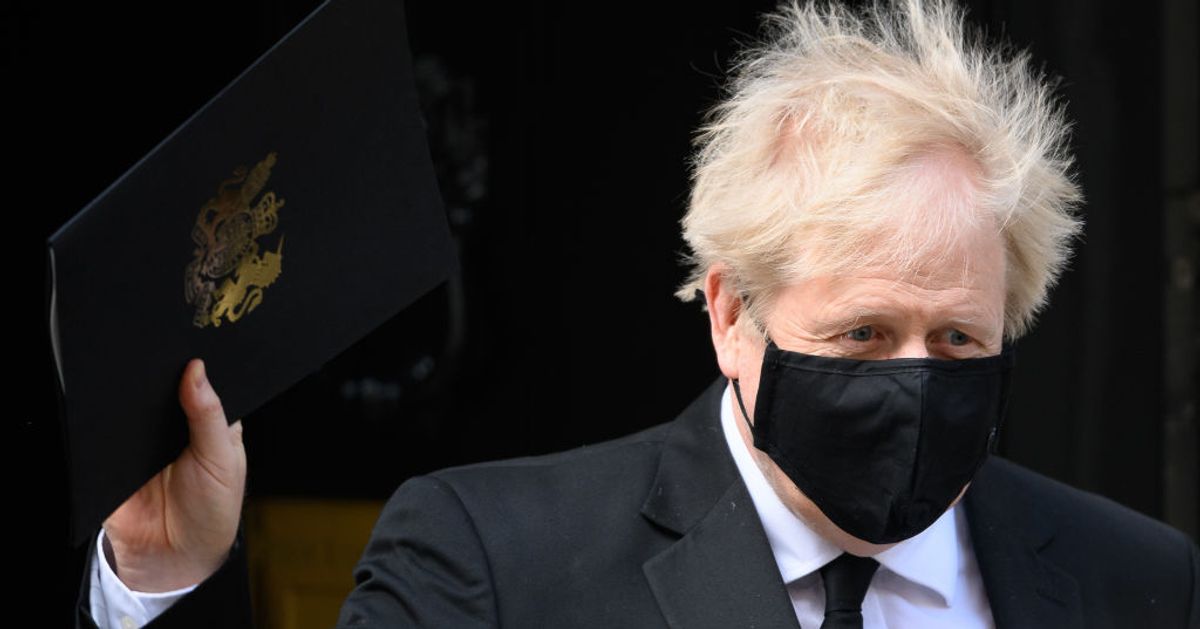
With drinkers huddled around makeshift heaters outside pubs trying to enjoy the latest taste of freedom, the biggest item in Boris Johnson’s in-tray as he considers the next stages of the government’s lockdown exit roadmap is the vexed question of Covid passports.
A government review is ongoing. It will not report until June, but two weeks ago Johnson came out in favour of their domestic use. Covid passports are already set to become a feature of international travel, given disparities in infection rates and vaccination schedules around the world.
The prime minister said passports would be piloted at mass events, including football matches and concerts; they could be used in theatres and nightclubs; and he would not rule them out in shops, bars, restaurants and, yes, pubs.
Johnson faces opposition across parliament, while scientists, business owners, civil liberties groups and others have all voiced concerns. Yet when pressed on his rationale, he has been evasive.
No one should expect the prime minister to be able to present the exact workings of a future system – the whole point of the review and the pilots is to look at options. But in the coming weeks, a crucial phase in the vaccine rollout and lifting of lockdown, he will need some better answers. A new Institute for Government report sets out eight questions that the government needs to address, from what problem passports could solve to where and how they could feasibly work.
Johnson may understandably be keen to avoid another broken promise. But a rushed or poorly thought through passport scheme could spread the virus and harm vaccine confidence
Johnson’s main rationale is that he view Covid passports as the only way to meet his target of removing social distancing measures entirely by 21 June. Scientific advisers are against this following major outbreaks in Europe, with modelling suggesting a third wave in the UK remains likely. A delay to the full easing of restrictions would allow further progress on vaccination, they argue, while there are also calls to tighten the border quarantine.
The prime minister may understandably be keen to avoid another broken promise. But a rushed or poorly thought through passport scheme could spread the virus and harm vaccine confidence.
First there is the question of enforcement. Large sports and music venues, which already have security and scan tickets on entry, may be able to implement a scheme. Piloting them in these venues and developing some capability makes sense as an insurance policy given the uncertainties ahead, including the threat of vaccine-resistant variants.
But pubs and theatres have warned that they lack the capability and resources to do so. Ministers may think that reduced social distancing offers a sufficient incentive. Yet cash-strapped venues may end up operating without social distancing or proper enforcement – the worst of all worlds. It is hard to see how the government could check that all pubs in the land were complying.
The experience of the NHS contact tracing app – four months late and beset with problems – does not inspire confidence
Israel’s “green pass” is frequently cited in government documents, but the closer you look the less of a model it appears. True, the pass has been widely adopted, but bars and cafes have enforced it weakly, with many complaining of additional costs. Israeli venues are also still following social distancing measures, and (unlike in the UK) the government hasn’t announced any plans to change this.
Next is technology. Developing an app that integrates vaccine status, PCR tests and rapid tests securely while protecting privacy and guarding against fraud would be a major challenge. The experience of the NHS contact tracing app – four months late and beset with problems – does not inspire confidence. There are questions, too, about the role of testing: the government may have a surplus of rapid tests, but their suitability as a “test and release” measure is unclear.
The government will also need to think very carefully about vaccine confidence and the risk of exclusion. Some passport proponents argue requiring passes for bars or clubs would incentivise the young to get vaccinated. Perhaps, but threatening exclusion from core activities also appears to reduce confidence among those least likely to take the vaccine, who often lack trust in government. This has happened in Israel and could happen here, where uptake already varies across groups. Vaccine confidence already faces a stern test following evidence of a link between the Oxford/AstraZeneca vaccine and incredibly rare blood clotting.
Covid passports could have real benefits in helping countries bridge the gap between lockdowns and the “new normal”. Examining what is possible is sensible. But there is a risk of the government seeing them as another “moonshot” or a shortcut back to normality while glossing over the major difficulties and risks involved. Without more compelling answers, it will be hard for parliament – or the public – to have confidence in its plan.
Tom Sasse is an associate director at the Institute for Government and co-author of Covid Passports: Questions for the Government. Follow him on Twitter at @tom_sasse




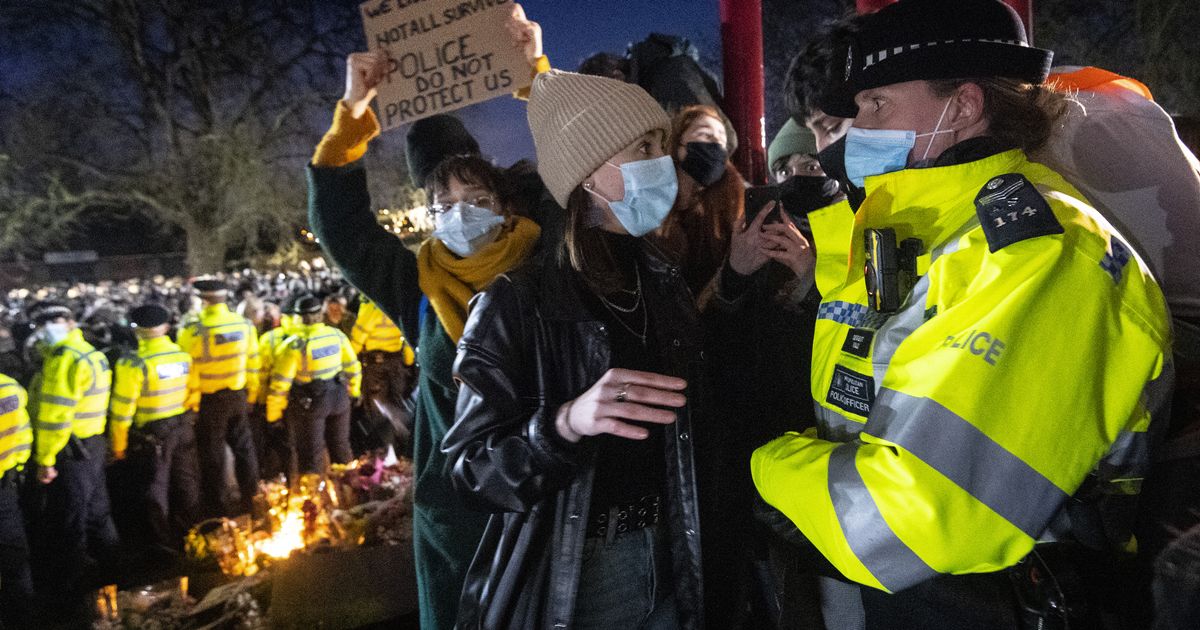
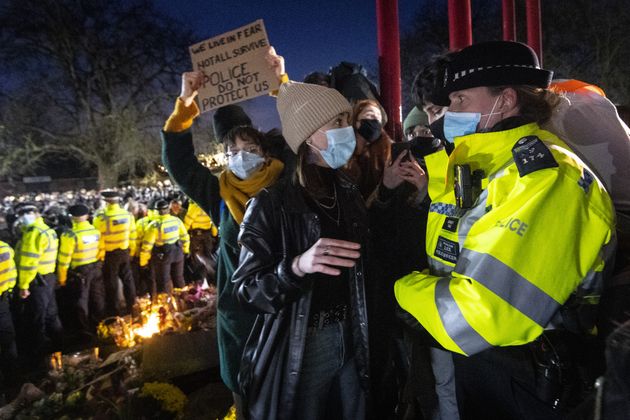
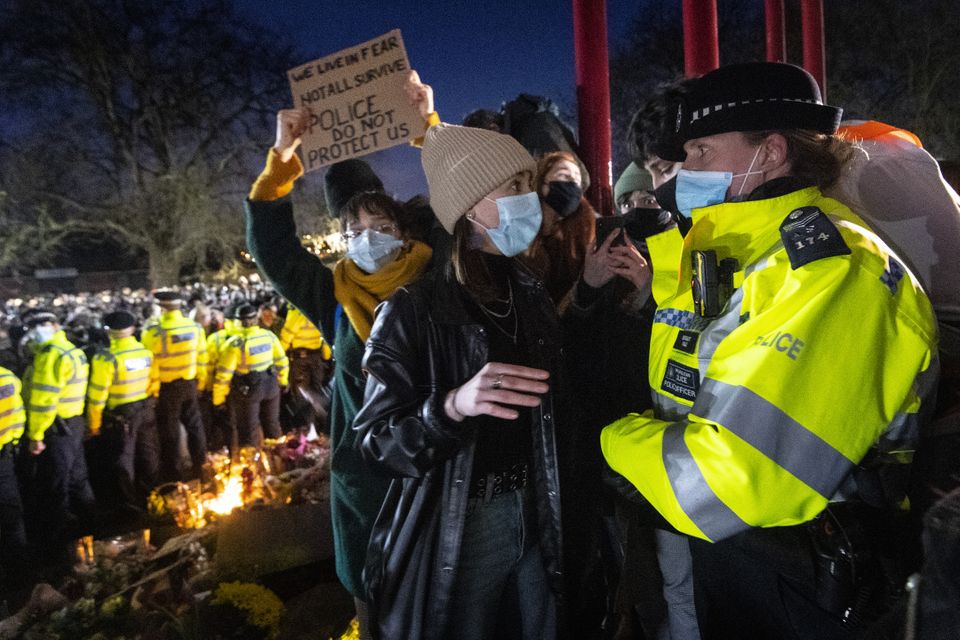
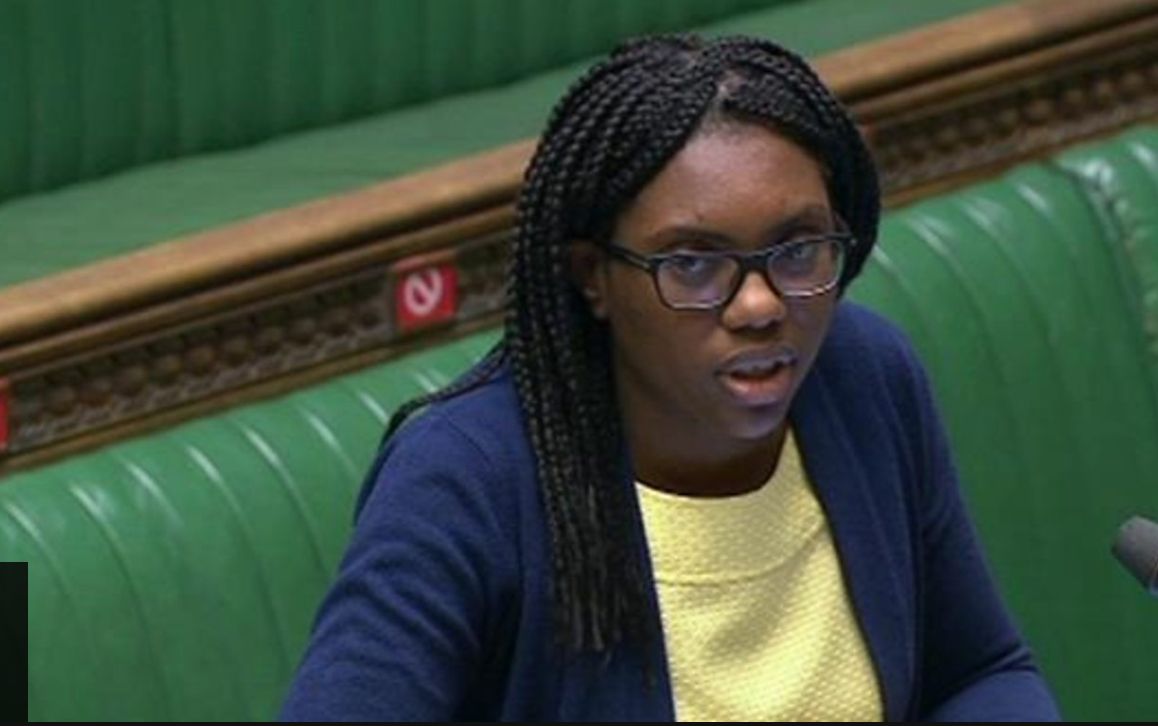
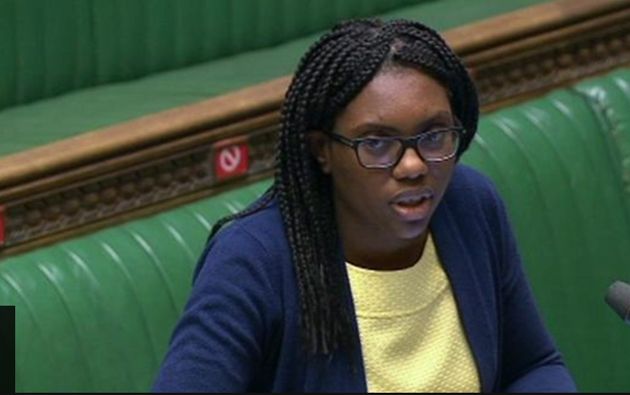
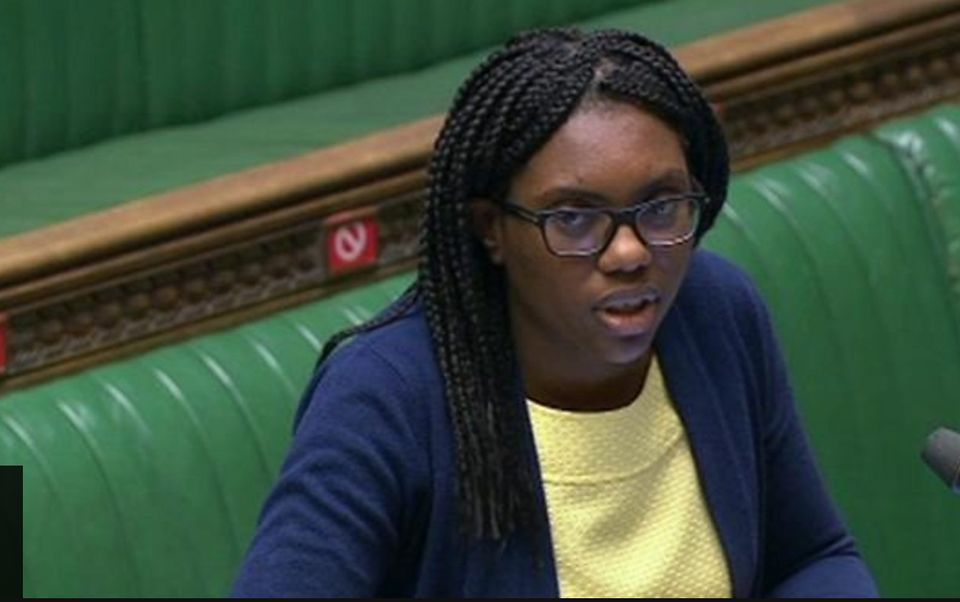
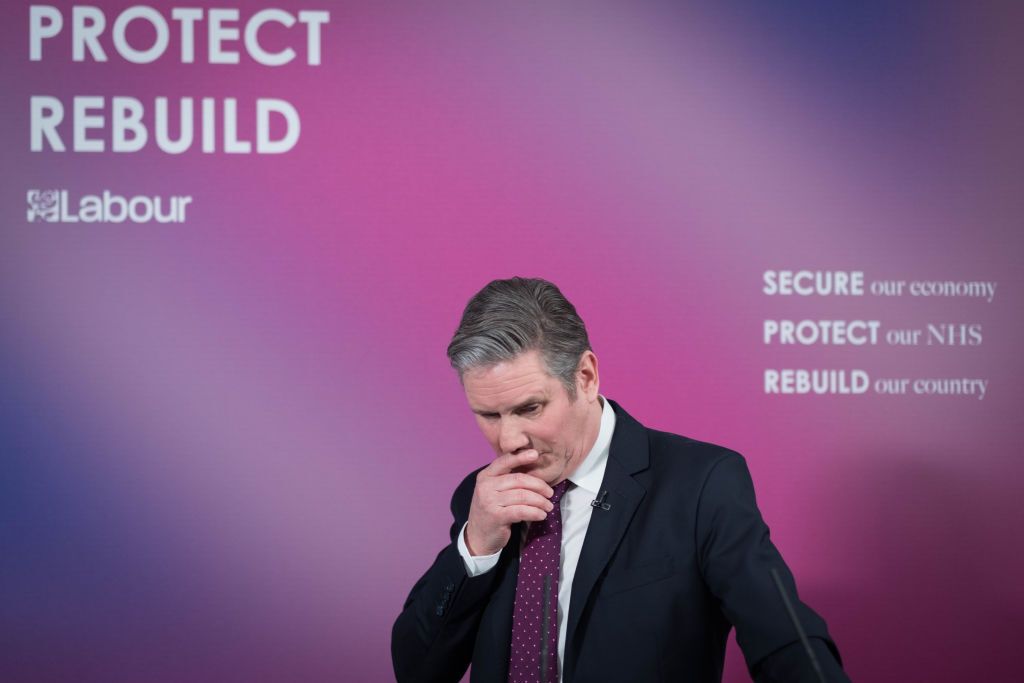
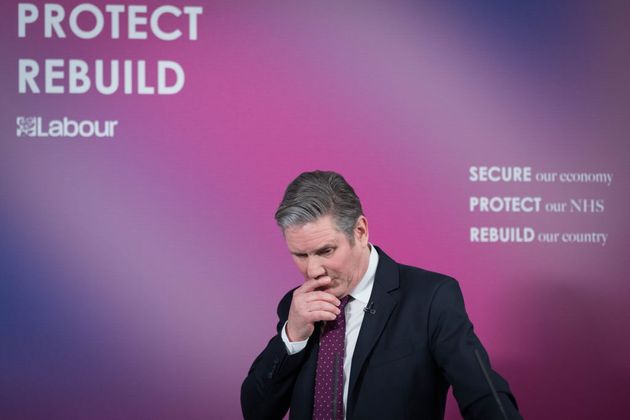
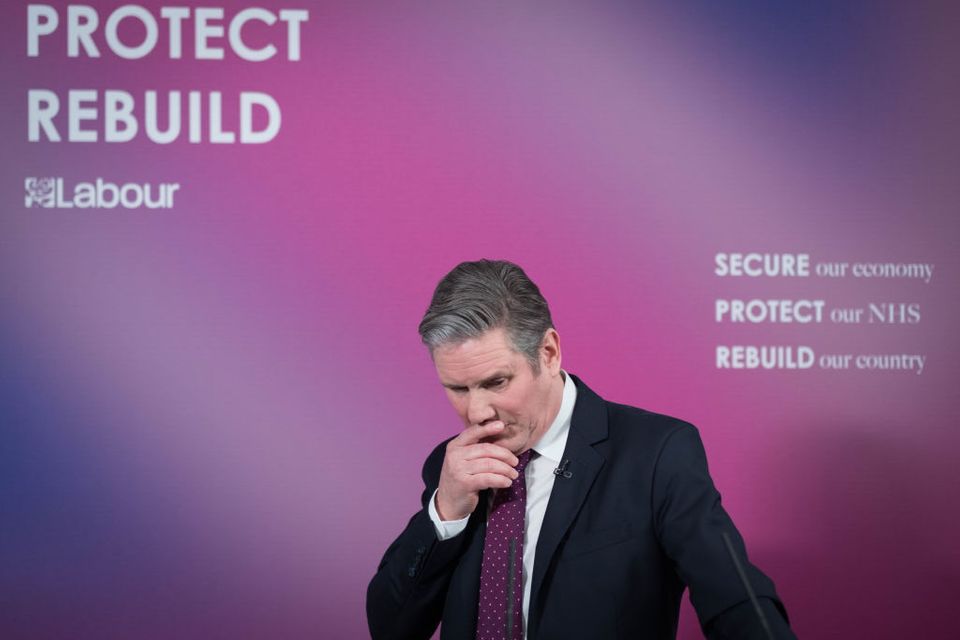
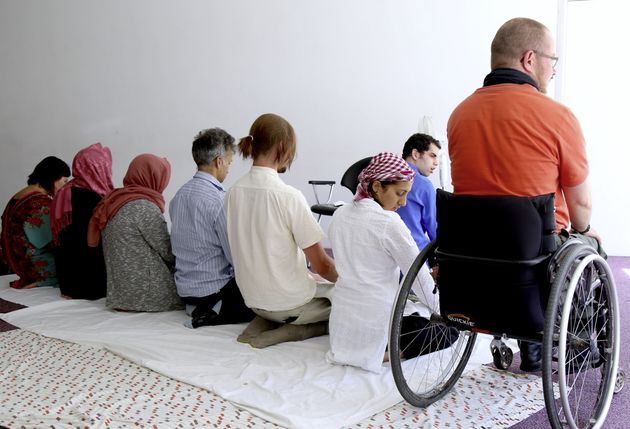
 Because science is advancing our understanding of medicine at an exponential rate, physicians and surgeons have been turning to subspecialization as a means to narrow their required domains of expertise. “Carving out a niche” makes sense in a profession where new research is being published at a rate of
Because science is advancing our understanding of medicine at an exponential rate, physicians and surgeons have been turning to subspecialization as a means to narrow their required domains of expertise. “Carving out a niche” makes sense in a profession where new research is being published at a rate of